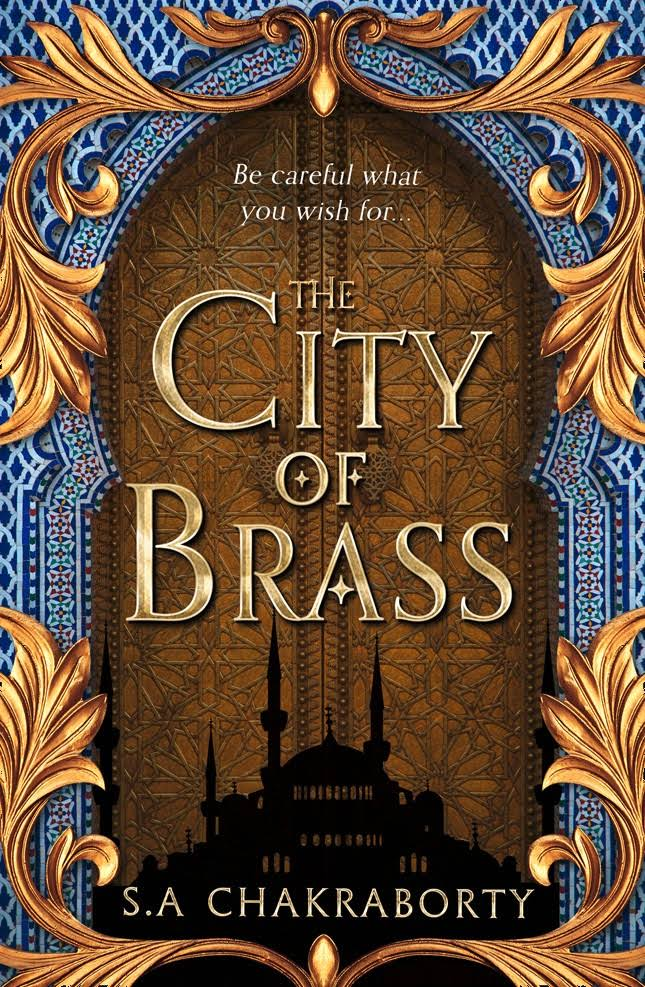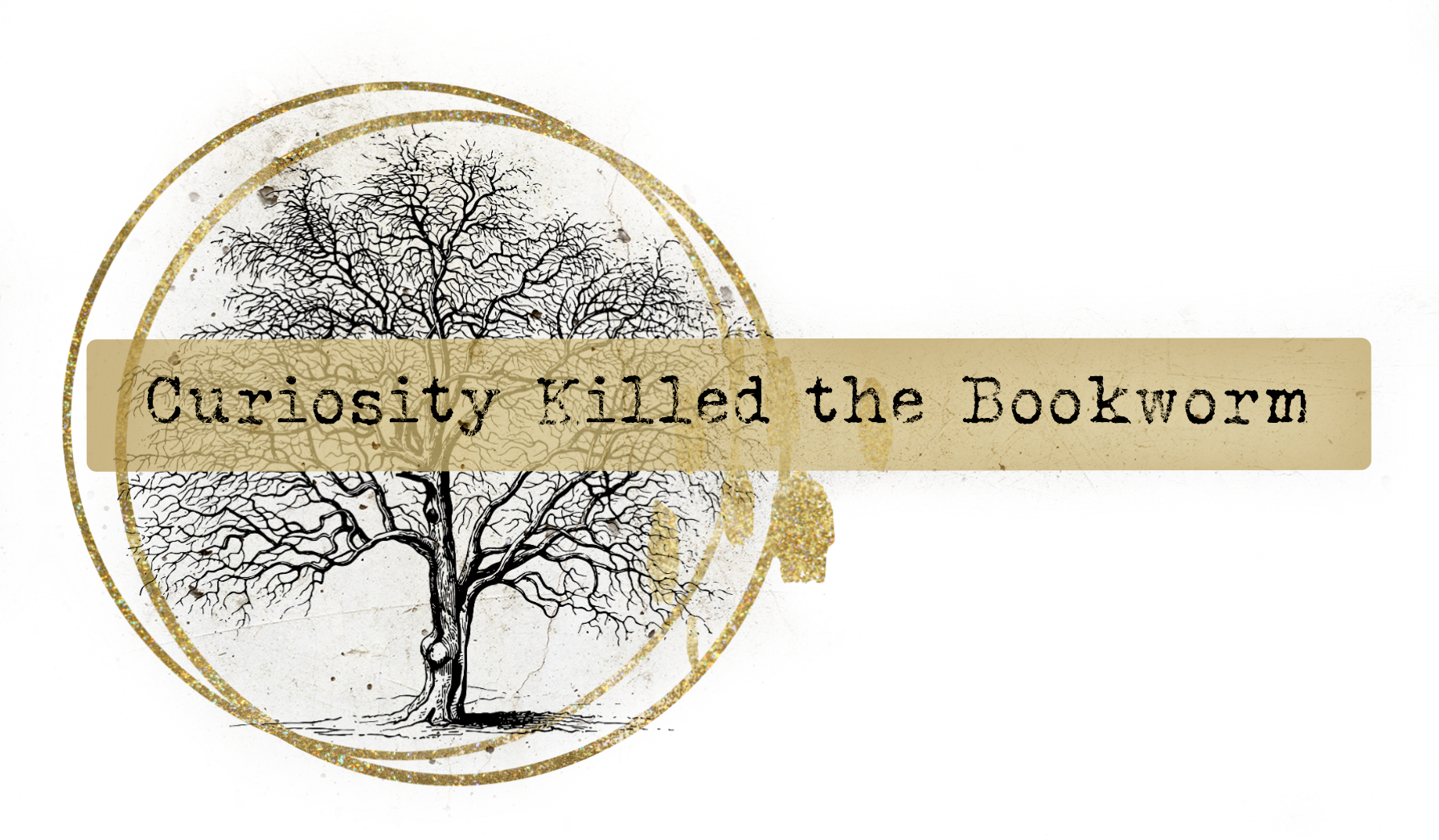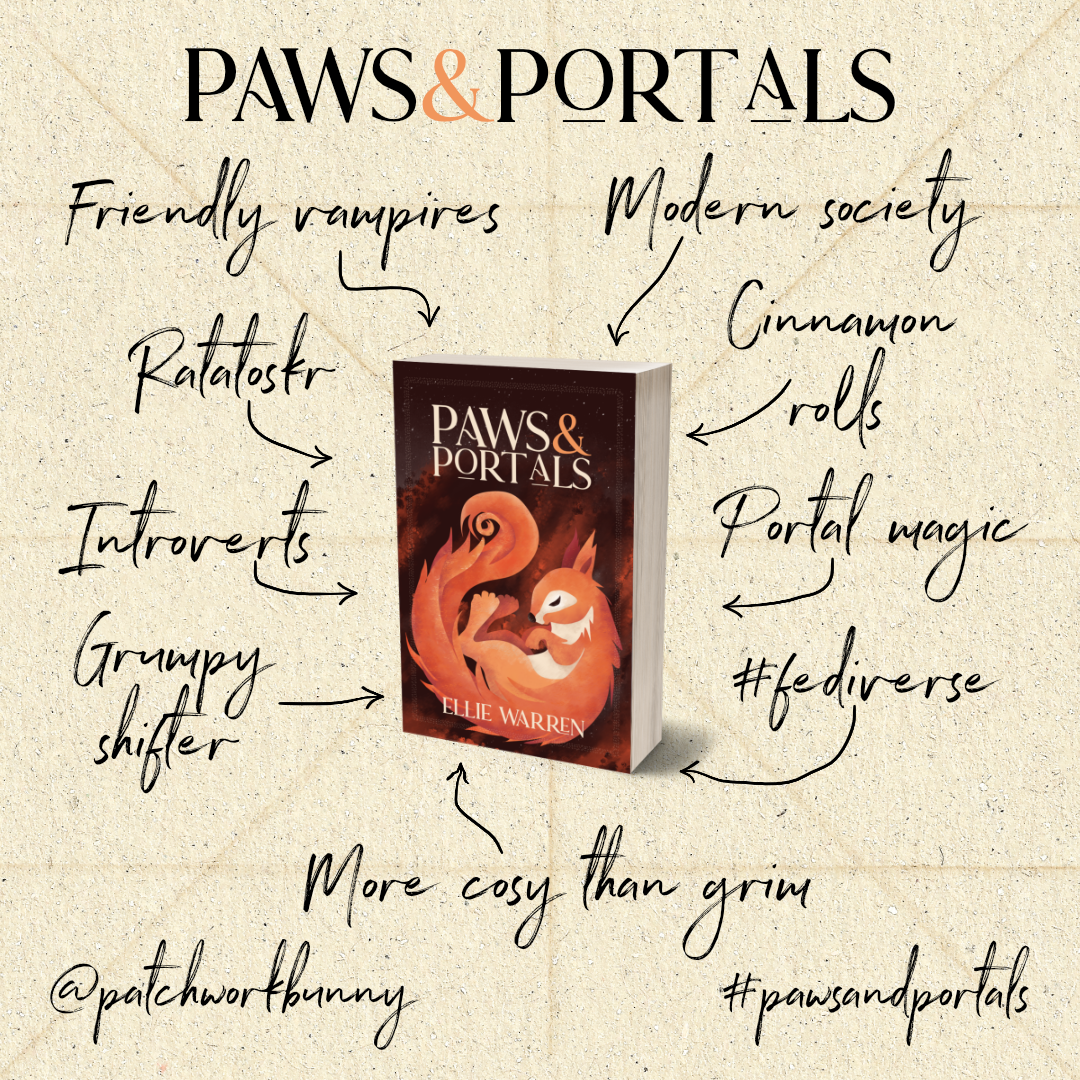
Often the mightiest things have the humblest beginnings.
Nahri’s story starts in 18th century Egypt but takes her across the Middle East to a magical city with gleaming brass walls. I absolutely loved the setting, and I was pleased to see a map which helped to confirm what region belonged to what tribe, although borders have changed so much in 200 years. Her journey takes her to what is now Turkey and Iran and the djinn come from all over this sub-continent.
Nahri has never known her parents and she makes do with her work as a healer in Cairo, supplementing her income with some theiving. She’s always had the uncanny ability to detect what is wrong with her patients and her own bumps and scratches heal with astonishing speed. Until one day, she accidentally summons a great warrior djinn, who sees Nahri for what she is; a shafit, half human half djinn.
A fate worse than death: That’s what everyone said about enslavement. Eternal servitude, forced to grant the most savage and intimate desires of an endless slew of human masters. Of the slaves that were found and freed, very few survived with their sanity intact.
It took me a while to absorb all the different tribes, their politics and history, not to mention prejudices, but once I had made the effort with the world-building I was sucked right into the story. It was very late on when some of my outstanding questions about this world were answered, especially around religion. Yes, the djinn adopted a human faith (presumably Islam) yet the Daeva’s kept their old religion, and “fire-worshipers” is a derogatory term for them.
It weaves together the stories of the genie in the lamp, explaining how some djinn became slaves to human masters. It also reflects the rifts that can form through deviations in belief, something that has caused huge problems in the real Middle East. I don’t really know much about King Soloman but I suspect Suleiman is based on him. Suleiman punished the djinn when he thought they were becoming too powerful, too reckless with human life.
Something told her the squabbles between the various djinn tribes would make the war between the Turks and Franks look positively friendly.
The Daeva feel their blood makes them superior and the shafit shouldn’t have equal rights. Then there’s the ifrits, evil spirits who are capable of enslaving the djinn… Honestly there is so much stuff, and it’s so intricately connected. I’m so glad this is not a standalone because this had laid the groundwork for such an interesting world.
Science Fiction vs Fantasy Bingo: Kings, Queens and Long Lost Relatives
Goodreads | Amazon | Waterstones | Hive | Wordery
Book Source: Illumicrate
A post shared by Ellie (@patchworkbunny) on
Related posts
4 Comments
Leave a ReplyCancel reply
This site uses Akismet to reduce spam. Learn how your comment data is processed.







I really want to read it, like…now!
This sounds so interesting and that cover!
This sounds really interesting and that cover! Definitely need to read this.
I've seen this book on quite a few bookstagrams and it has really captured my attention and interest. Cannot wait to one day get my hands on a copy so I can (hopefully) enjoy it myself!